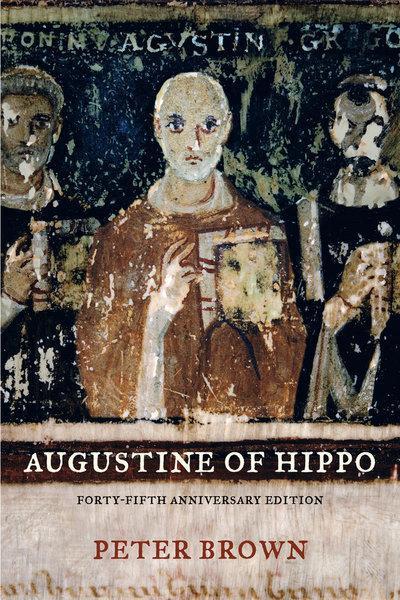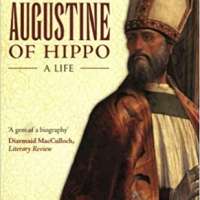



The Letters, amounting in the Benedictine collection to 270 (53 of them from Augustine's correspondents), are a treasure of the greatest value, for the knowledge of his life, influence and even his doctrine. They are a guide of inestimable price for seizing the progress of Augustine's thought.

The Retractations (towards the end of his life, 426-428) are a revision of the works of the saint in chronological order, explaining the occasion and dominant idea of each. If you donate just $5.00, the price of your coffee, Catholic Online School could keep thriving. We're not salespeople, but we depend on donations averaging $14.76 and fewer than 1% of readers give. If you have already donated, we sincerely thank you. Hi readers, it seems you use Catholic Online a lot that's great! It's a little awkward to ask, but we need your help. Neither in respect of penetrating analysis of the most complex impressions of the soul, nor communicative feeling, nor elevation of sentiment, nor depth of philosophic views, is there any book like it in all literature. Of all the works of the holy Doctor none has been more universally read and admired, none has caused more salutary tears to flow. 400) are, in the Biblical sense of the word confiteri, not an avowal or an account, but the praise of a soul that admires the action of God within itself. The Confessions are the history of his heart the Retractations, of his mind while the Letters show his activity in the Church. We shall merely indicate his principal writings and the date (often approximate) of their composition. In general, his style is noble and chaste but, says the same author, "in his sermons and other popular writings he purposely drops to the language of the people." A detailed analysis is impossible here. Bardenhewer praises his extraordinary suppleness of expression and his marvellous gift of describing interior things, of painting the various states of the soul and the facts of the spiritual world. The form in which he casts his work exercises a very powerful attraction on the reader. Augustine of Hippo (354-430) was one of the most prolific geniuses that humanity has ever known, and is admired not only for the number of his works, but also for the variety of subjects, which traverse the whole realm of thought.


 0 kommentar(er)
0 kommentar(er)
